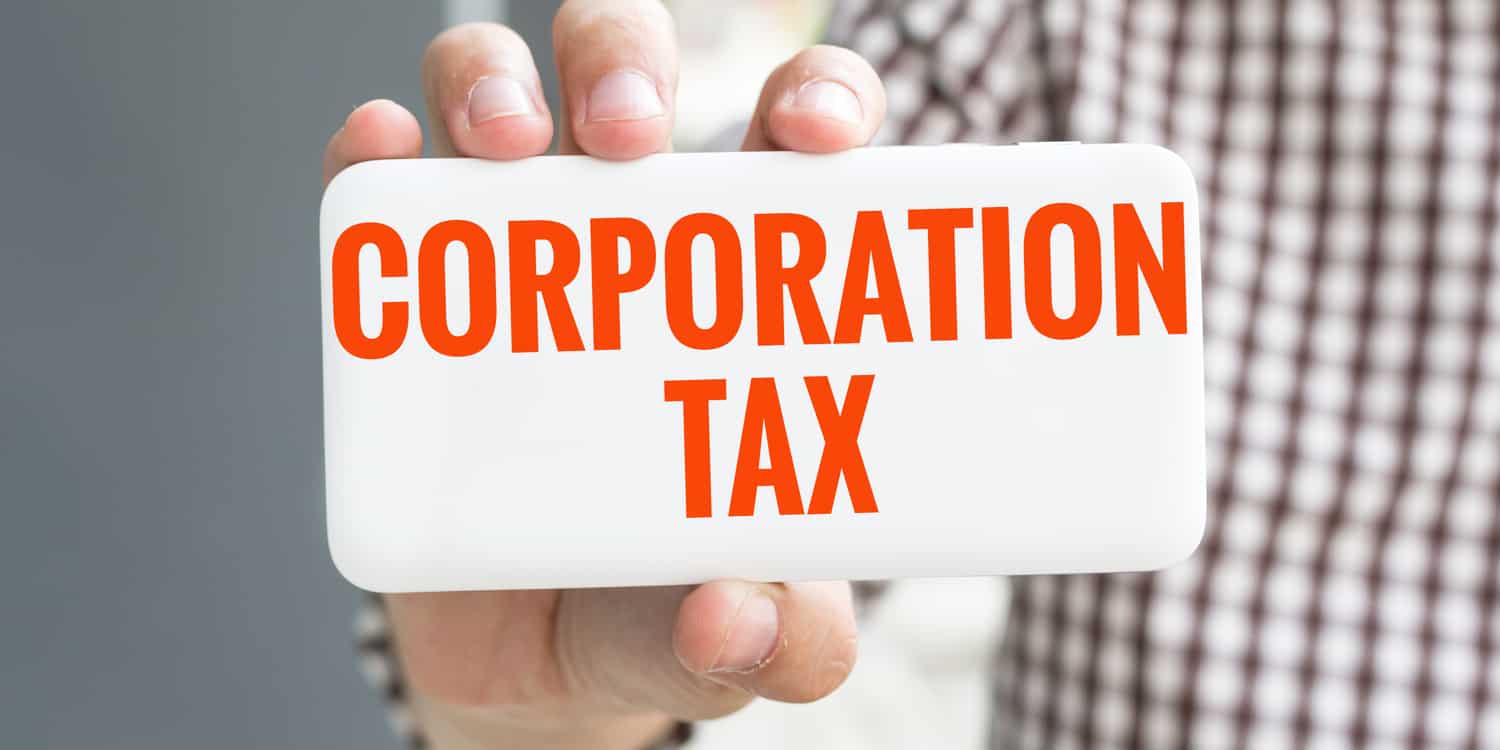
Corporation Tax for Small Businesses
Corporation tax is a significant aspect of running a small business in the UK. Understanding how it works can help you stay compliant and avoid unnecessary penalties. This guide explains the essentials of corporation tax for small businesses.
What is Corporation Tax?
Corporation tax is a tax paid by limited companies in the UK on their profits. It is similar to income tax for individuals, but instead of personal earnings, it applies to business profits. As of the 2023/24 tax year, the corporation tax rate is 25%, but there is a small profits rate of 19% for businesses with profits up to £50,000. The tax rate for businesses with profits between £50,001 and £250,000 is tapered.
Who Needs to Pay Corporation Tax?
If your business is structured as a limited company or a foreign company with a UK branch, you must pay corporation tax. Even if your company does not make a profit, you are required to file a corporation tax return.
- How many years can HMRC go back for self-assessment?
- How does HMRC know I have rental income?
- What do you do if you are new to completing self-assessment tax returns?
- Do HMRC check self-assessment returns?
- Making Tax Digital For Income Tax
How to Calculate Corporation Tax
To calculate your corporation tax, you need to determine your company’s taxable profits. Taxable profits include:
- Income from sales of goods or services
- Investments and other non-trading income
- Gains from selling company assets like property or shares
Once you have this figure, apply the appropriate corporation tax rate (either 19% or 25%) to determine your liability.
How and When to Pay Corporation Tax
Corporation tax is payable nine months and one day after the end of your company’s financial year. However, the deadline for filing your corporation tax return is 12 months after the financial year ends. It’s essential to keep these deadlines in mind to avoid penalties and interest on late payments.
Deductions and Reliefs
Certain expenses can be deducted from your profits before calculating corporation tax. These include:
- Business running costs (e.g., salaries, office rent, equipment)
- Marketing and advertising costs
- Pension contributions for employees
You can also claim reliefs, such as:
- R&D tax credits if your company is engaged in innovative projects
- Capital allowances for equipment and machinery purchases
Filing Corporation Tax Returns
You must file your corporation tax return (CT600) online through HMRC’s portal. Your return must include details about your company’s income, expenses, and profits. It’s advisable to work with an accountant to ensure that your tax return is accurate and compliant with regulations.
What Happens if You Don’t Pay?
Failing to file your corporation tax return or pay the due amount on time can lead to penalties. These penalties increase the longer you delay. In some cases, HMRC may also charge interest on overdue payments.
Conclusion
Corporation tax can seem complex, but understanding the basics and staying on top of deadlines will help keep your small business compliant. It’s often helpful to seek professional advice to ensure you maximize your deductions and reliefs while staying within the law.
By keeping track of your company’s finances and filing accurately and on time, you can focus on growing your business without worrying about unnecessary tax burdens.


